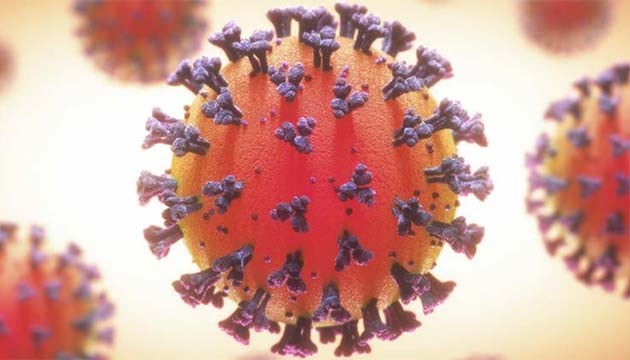News
COVID 19 – Greater Protection Needed in Psychiatric Hospitals
June 1st, 2020

The World Federation for Mental Health (WFMH) is deeply concerned about the mental health crisis in the wake of the COVID-19 pandemic.
The World Federation for Mental Health reiterates its appeal to countries and their governments to promote national mental health plans for managing the mental-health consequences of COVID-19.
As is seen globally, there is increasing anxiety and depression and a rise in mental health admissions to hospitals. The situation in psychiatric hospitals is dire and the WFMH is deeply concerned about the safety of patients and health-care providers, as well as the preservation of patients' rights in these trying times.
At present, mental-health care providers struggle to provide care within an overwhelmed health care system fraught with unprecedented dangers. Due to safety considerations, patients are being directed to remain in their rooms, leading to a feeling of increased isolation. This forced isolation – which runs contrary to all the fundamental tenets of care in such facilities – can potentially have dire consequences for their mental health, particularly for people who are depressed and/or suicidal.
At present, health care providers and patients daily face grave and present COVID -19 dangers. Many psychiatric hospitals lack sufficient personal protective equipment as well as regulations regarding the use of such equipment, adequate testing procedures and well-defined safety protocols for managing the pandemic. Hospitals are understaffed due to both safety-related and economic factors. Many basic activities such as group therapy have been suspended and patients are being directed to isolate themselves in rooms which often lack televisions, Internet or other electronic media for facilitating social contact with families and friends. Social media has become a substitute for face-to-face communication, particularly in light of the constraints imposed by countries' responses to the Coronavirus epidemic (restrictions which are the result both of safety considerations and privacy issues).
Keeping infected and uninfected patients apart is nearly impossible in psychiatric hospitals on account of the fact that patients can only be isolated once symptomatic and once having tested positive. Meanwhile, patients with whom they have been in contact may continue to intermingle in the ward. In addition, new arrivals coming from precarious living situations might not have had the possibility to self-isolate or exercise basic hygiene such as washing hands prior to arrival.
People entering hospital may not be aware of others with whom they have been in contact, or when symptoms developed or comply with essential safety instructions. Individuals may be unaware of the dangers of infection, or in a depressed state of mind and/or feel indifferent about the risk.
COVID-19 confronts the mental-health care establishments with a seemingly impossible dilemma engendered by the effects of isolation and physical distancing. On the one hand, physical distancing is a key method for constraining the spread of the disease while on the other hand, isolation can be extremely dangerous for patients in a psychiatric hospital, particularly those who are experiencing anxiety, confusion and depression (all of which are normal emotions at the present time but which are likely being felt acutely by people hospitalized in psychiatric hospitals).
In light of this situation, the WFMH calls on governments to develop clear policies and protocols to ensure greater protection against the increase in infection for patients within psychiatric hospitals where the situation is dire . Mental health is no less important than physical health and indeed the two are closely interlinked. The lives of all people are valuable, whether or not they suffer from a mental illness or have cognitive disabilities. Notwithstanding the unique challenges posed by COVID-19, people with mental health challenges too have the right to safety, protection, care and humane policies that take into account their individual mental health needs and safeguards their vulnerability.
Compiled by: Human Rights Section of the WFMH – June 2020